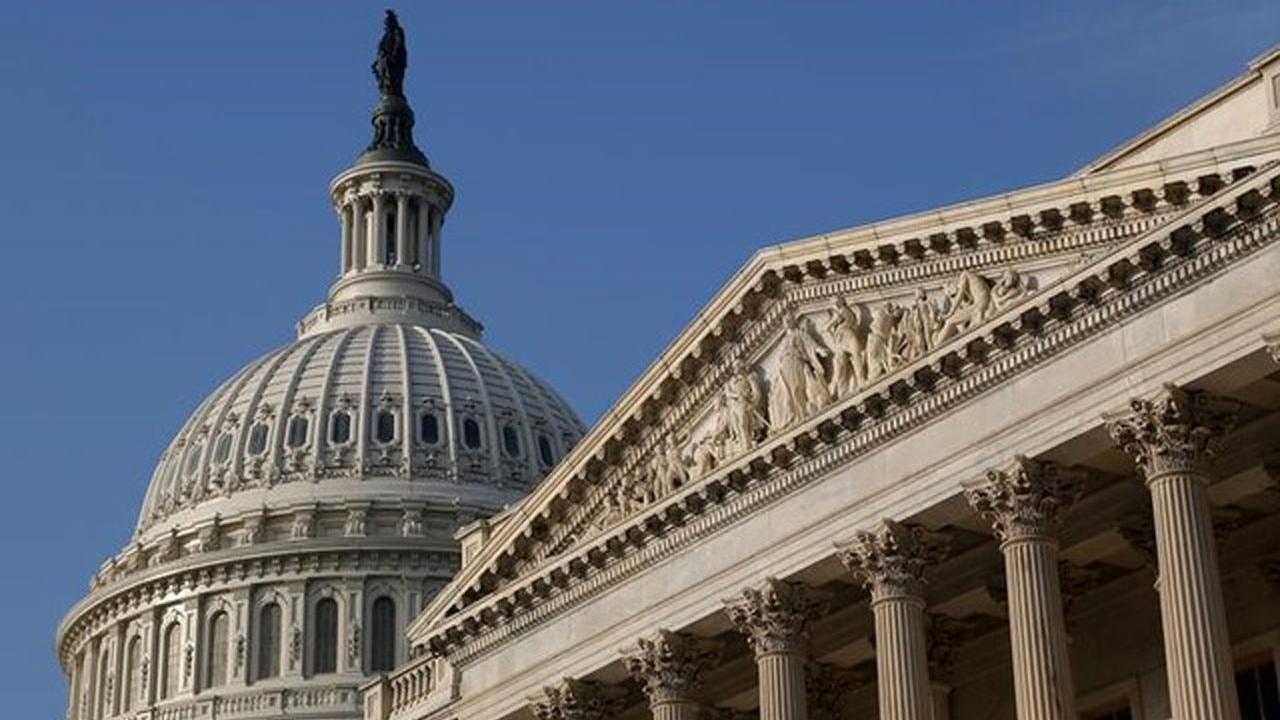Bernie Sanders wants to impose a Wall Street speculation tax: What to know
Independent Vermont Sen. Bernie Sanders, a 2020 Democratic presidential hopeful, named a number of taxes he would either raise or impose in order to fund some of his policy objectives during a Fox News townhall on Monday, including a Wall Street speculation tax.
Sanders’ proposed speculation tax is a financial transaction tax which would be levied on trades of stocks, bonds and derivatives.
In 2017, Sanders proposed a tax of 0.5 percent for stocks, 0.1 percent for bonds and 0.005 percent for derivatives. A $1,000 stock trade would be taxed $5, while a $1,000 trade in derivatives would be taxed $0.05.
Sanders has deemed it a speculation tax because it is designed to discourage speculation within the market, meaning it is not aimed at middle-class investors who tend to leave their money in the market to grow over longer periods of time. Instead, it aims to curb short-term activity among high-frequency traders which can have destabilizing effects on the market. In May 2010, for example, a so-called “flash crash”— said to be partially caused by selling among high-frequency traders – wiped out billions of dollars from stocks before prices recovered not long after.
To ensure middle-class Americans were shielded, Sanders even proposed offering an income tax credit to offset the speculation fee for affected households of modest means.
The revenue raised from this tax is intended to fund free higher-education at public institutions and to reduce student debt burdens. By some estimates, the tax would raise $600 billion over the course of a decade.
The idea of imposing a financial transaction tax is gaining steam among Democrats.
Last month, House Democrats, including New York Rep. Alexandria Ocasio-Cortez, introduced financial transaction tax legislation called the Wall Street Tax Act of 2019. The tax would be about 0.1 percent of the value of the security being traded, or 0.1 percent of all payments made under the terms of a derivative contract.
According to estimates provided by the Joint Committee on Taxation (JCT), this measure would increase revenues by about $777 billion between 2019 and 2028. The JCT listed a number of downsides, however, including discouraging activity that stabilizes asset and stock prices, reducing liquidity, and ultimately even possibly reducing household wealth and consumption.
Kentucky Republican Rep. Andy Barr told FOX Business that this kind of tax is a direct punishment of capital formation.
As taxing the wealthy becomes a rallying point for progressive Democrats, Sanders advocated for a wealth tax of 52 percent. He recently introduced legislation to expand the estate tax rate to 77 percent for those passing on assets valued at more than $1 billion.
CLICK HERE TO GET THE FOX BUSINESS APP
Sanders also slammed Amazon and Netflix over their failure to pay federal income taxes, despite raking in billions of dollars’ worth of profit. He advocated raising the tax rate on the country’s largest and most profitable corporations to rectify what he sees as a loophole in an “absurd” tax system.
Amazon has previously said that it pays “all taxes” required of it in the U.S. and every country where it operates.




















